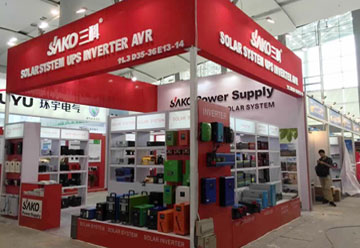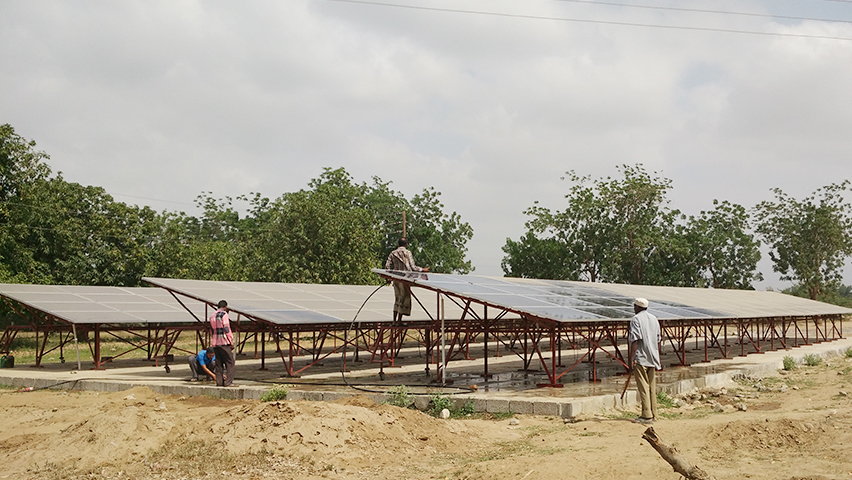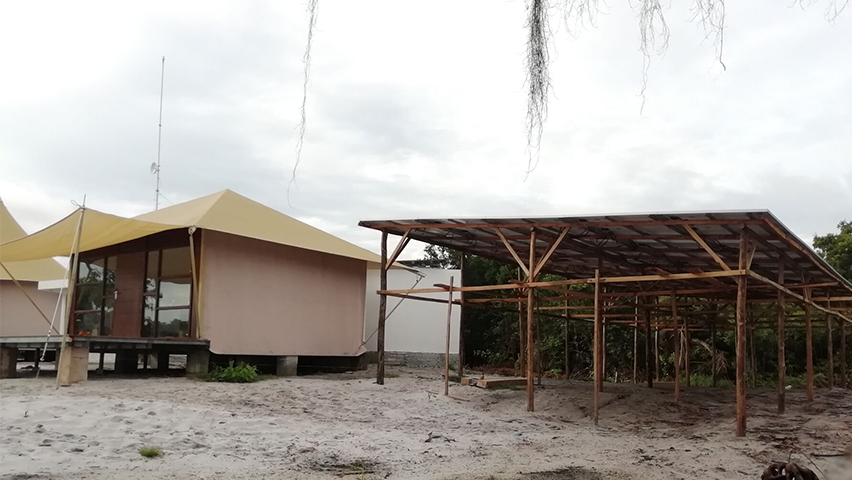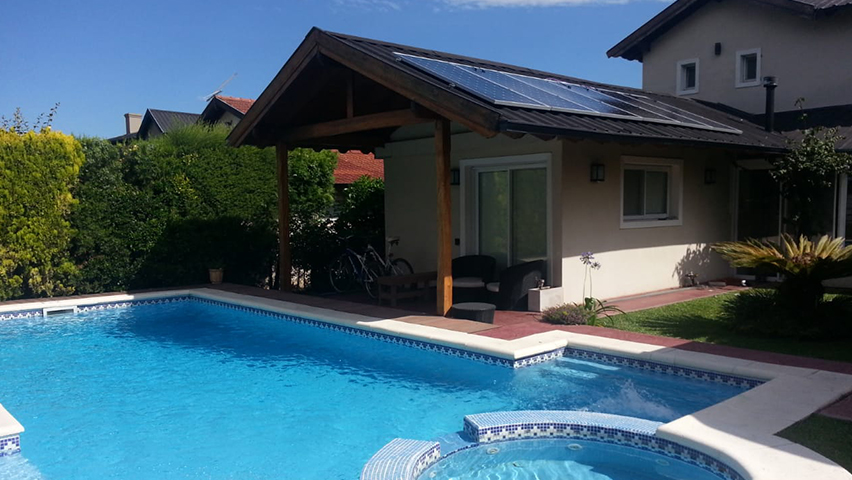This blog post discusses some of the many advantages of incorporating solar energy generation into a residential or commercial system. Solar energy storage systems, a good energy storage solution, can help you cut your carbon footprint, eliminate the need for pricey utility upgrades, and save money on electricity expenses.
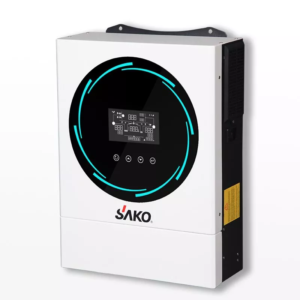
Introduction of solar energy storage systems
Solar energy storage systems can significantly lessen the reliance of your home or business on grid power. When energy is required, such as at night or during periods of high demand, these systems use solar panels to store the energy and supply it. By supplying electricity at times of high electricity costs and utilizing less during times of low electricity prices, solar energy storage systems can also help you save money on your bills.
What advantages can solar energy storage systems offer?
A solar energy storage system is an excellent method to lower your carbon footprint, lower your energy costs, and improve the resilience of your home or business to power outages. The following are some advantages of solar energy storage systems:
-Reduce your carbon footprint: By storing the electricity you would have used to generate electricity from the sun, solar energy storage devices help you offset your carbon emissions. This lessens your negative environmental impact and increases your sustainability as a whole.
-Save money on your energy bills: By storing surplus electricity produced during the daytime when rates are low and using it at night or during peak hours when rates are higher, a solar energy storage system can help you reduce your monthly energy costs.
-Improve resistance to power outages: By storing excess electricity generated during periods of high demand, a solar energy storage system can help you weather power outages. The lights and televisions can be kept on for several hours or perhaps a day during a power outage by using the stored energy.
How to install a solar energy storage system?
Solar energy storage systems are getting more and more well-liked among individuals and companies due to their numerous advantages. First, by using extra solar power to store energy during times of low solar activity and then utilizing that energy when the sun is shining brightest, solar energy storage systems can give customers an additional layer of security. By enabling businesses to utilize excess energy during off-peak hours, solar energy storage systems can also reduce their energy costs.
It takes some preparation and organization to install a solar energy storage system, but the effort is worthwhile. The following advice will help you install a solar energy storage system:
- Select the appropriate kind of storage system. You can choose from a variety of solar energy storage systems, so be sure to pick the one that best meets your needs. A battery, supercapacitor, and flywheel system are a few examples.
- Carefully plan your installation. Be sure to take into consideration everything, including the design of your house or place of business and the accessibility of electrical outlets and cabling.
- Enlist the aid of an experienced installation. An experienced installer will be able to answer any questions you may have and will know how to properly install a solar energy storage system.
Conclusion
Solar energy storage devices are growing in popularity among both businesses and homeowners. The energy produced during the day is stored in these systems using solar cells, and it is released at night or during times of low demand. By doing this, people can lessen their carbon impact and avoid paying utilities’ exorbitant electricity bills. Choose a trustworthy manufacturer like SAKO, which won’t let you down, if you’re wanting to invest in solar energy storage for your residence or place of business.

